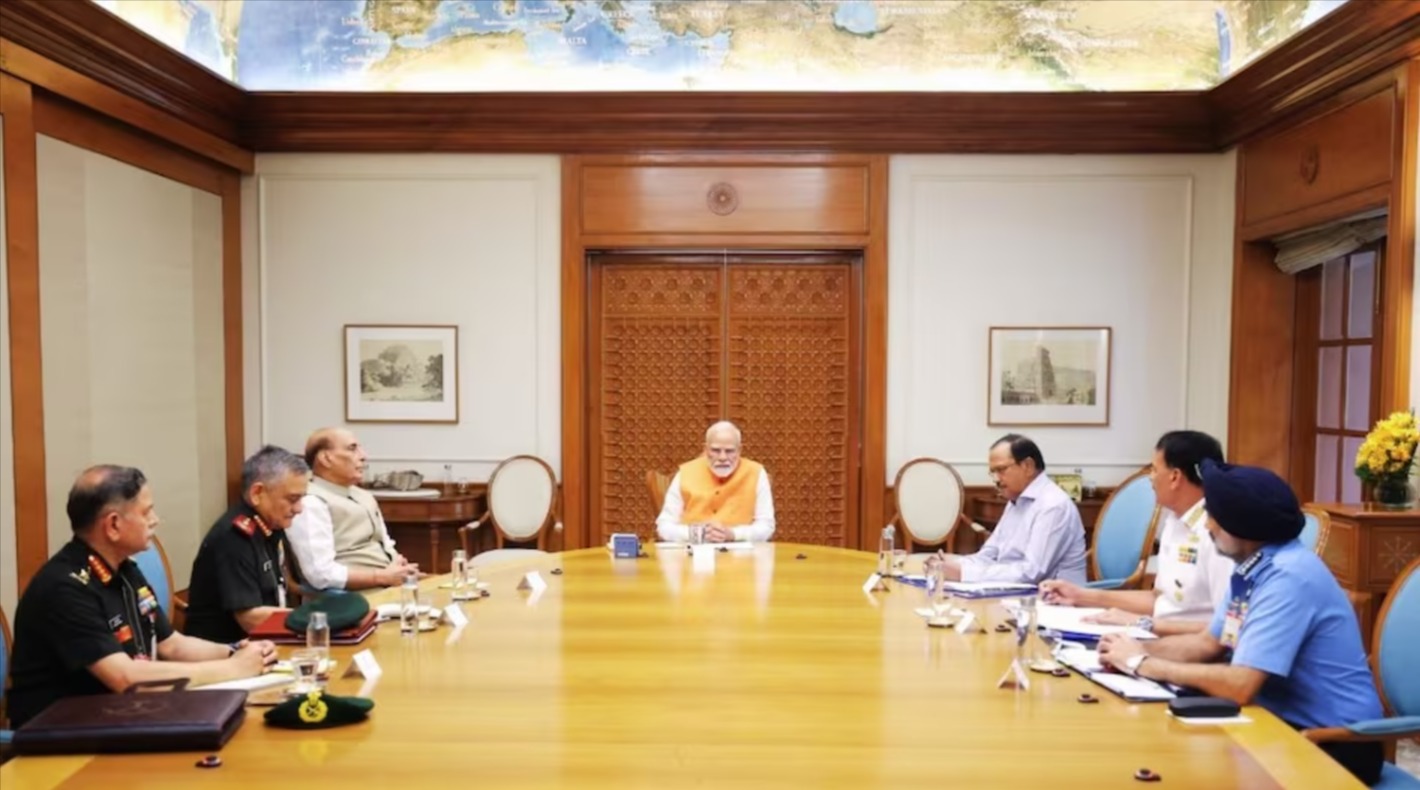
The recent terror assault in Pahalgam prompted Prime Minister Narendra Modi to organize a top-security meeting, which led him to provide the Indian Armed Forces total freedom to combat terrorism. India has changed its national security policy and cross-border threat strategy, specifically targeting Pakistan through this strategic move. RSS chief Mohan Bhagwat, together with Home Minister Amit Shah, discussed Kashmir security details with the PM during their meeting.
Summary
-
PM Modi led a security conference at his house following the Pahalgam terrorist incident.
-
Security forces from India and its Army personnel proceed with counter-terrorist operations following the Pahalgam attack, which resulted in 26 human fatalities.
-
The Prime Minister authorized the military forces to freely choose their retaliatory methods, along with objectives and reaction timing.
-
All five members present during the meeting consisted of the Defence Minister alongside NSA and CDS and the army and navy and air force chiefs.
-
A new meeting of the Cabinet Committee on Security (CCS) will take place within the coming weeks.
-
Multiple ceasefire violations persist from Pakistan across the Line of Control (LoC), yet India maintains its limited reaction policy.
-
The Prime Minister requested internal security forces including BSF, NSG, CRPF, and CISF to maintain their highest preparedness status.
Key Points:
Background:
-
The Pahalgam terror attack that killed 26 people has elevated national security risks throughout the country.
-
The incident represents multiple issues because of its nature as both a legal enforcement matter and an intentional action initiated by Pakistan.
-
The Indian government seems to adopt an active and military-led approach as its new response strategy.
Highlights from PM’s meeting:
-
The PM's Meeting established vital points, which included the Indian Armed Forces' expanded operational flexibility.
-
The PM informed the nation that the Indian military gained total freedom to determine its anti-retaliation operations. This includes choosing:
-
The chosen operational approach might involve airstrikes in addition to surgical strikes, followed by covert operations.
-
The targets consist of training facilities along with supply bases, and top leadership shelters.
-
India will select its exact time of operation along with the exact location to launch the strike.
-
The Prime Minister has full faith in the Indian military force because of its capability and professionalism.
Strategic Deliberations:
-
Security decisions for coordinated command are being discussed at Cabinet Committee on Security (CCS) meetings.
-
The joint readiness receives weight through the involvement of NSA Ajit Doval who meets with service chiefs at the meetings.
Security and Border Vigilance:
-
The ongoing ceasefire violations from Pakistan across the LoC show that security situations remain tense in this area.
-
The Indian forces run targeted counter-terrorist strikes through the application of real-time intelligence.
-
The forces, including BSF, NSG, CRPF, and CISF maintain heightened readiness positions specifically in strategic locations and border areas.
Political and Strategic Significance:
-
A meeting between PM Narendra Modi and Mohan Bhagwat as the leader of RSS implies talk of wider security approaches with ideological considerations.
-
Kashmir serves as a potential factor to shape Indian political dialogue alongside determining the country's diplomatic stance with Pakistan.
Conclusion
National security receives a decisive and assertive policy direction from the Indian government at this time. Through independent operational authorization for dealing with terrorism India has moved to a new strategic doctrine where restraint gives way to deterrence. RAS aspirants must attend this event because it provides fundamental insights about Indian internal security approaches alongside CCS constitutional functions and civil-military procedures in policy creation.



 Chhattisgarh Gets Its First Ramsar Site with Kopra Reservoir Declaration
Chhattisgarh Gets Its First Ramsar Site with Kopra Reservoir Declaration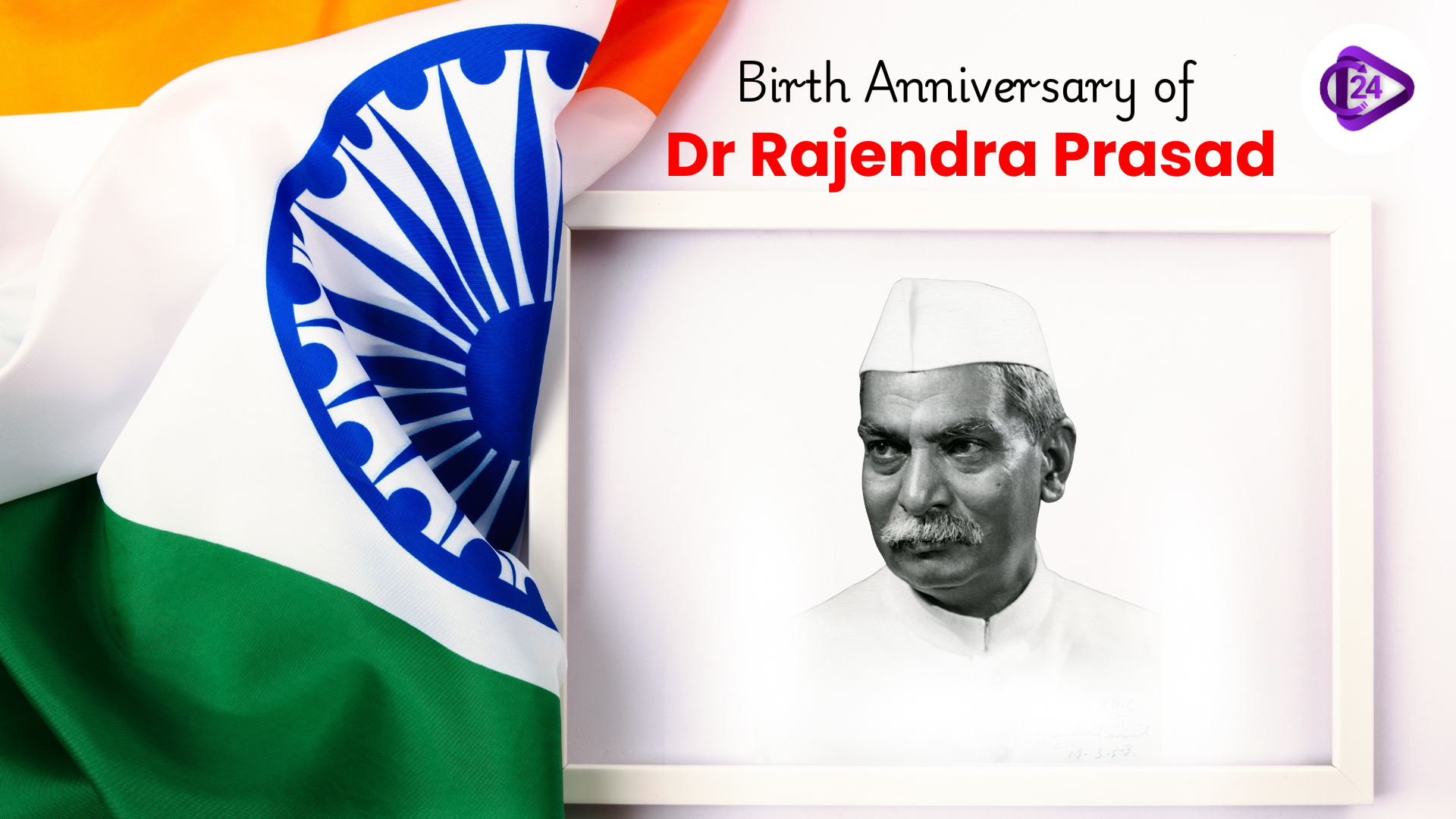 Birth Anniversary of Dr Rajendra Prasad
Birth Anniversary of Dr Rajendra Prasad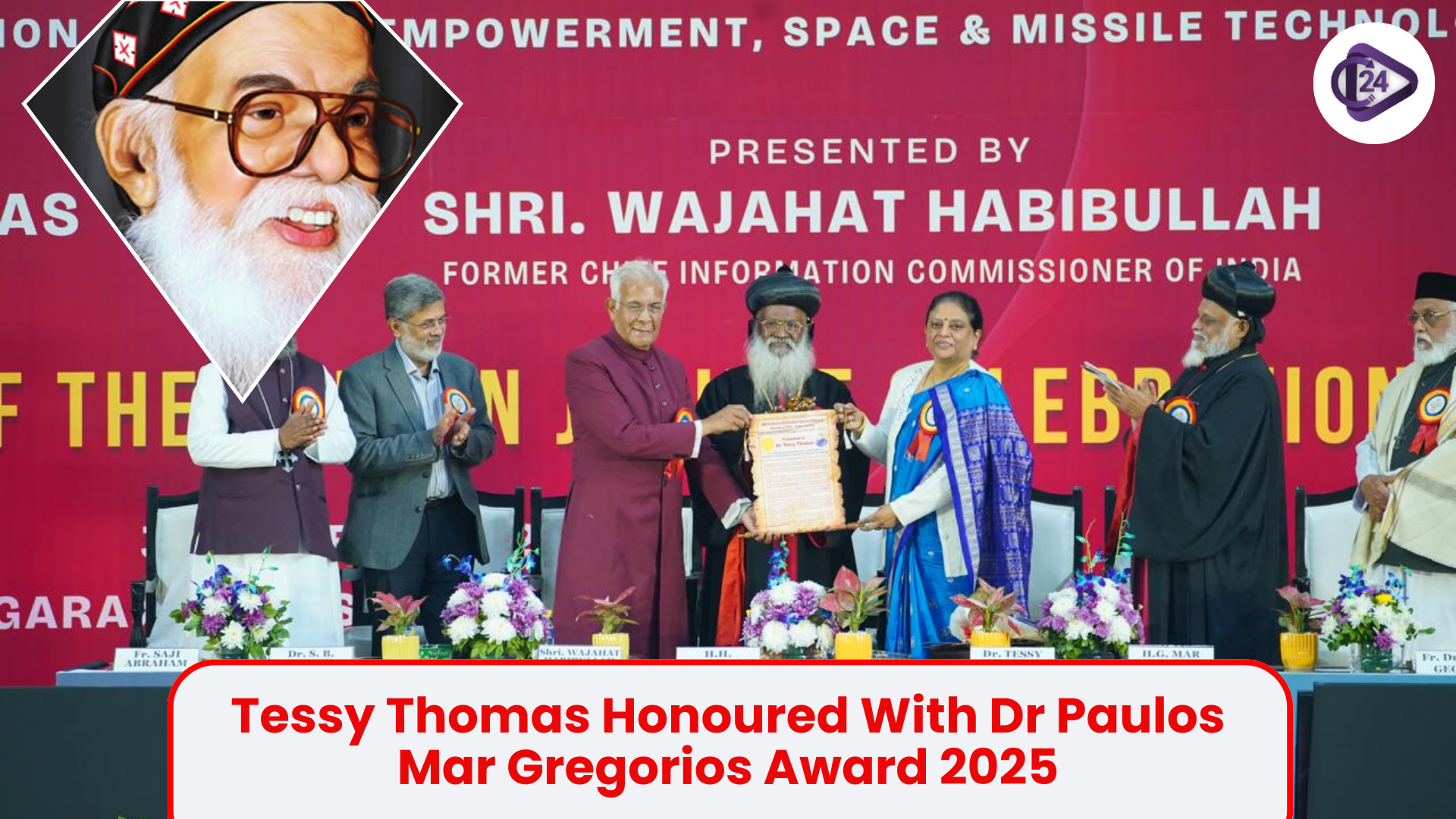 Tessy Thomas Achieves Major Recognition With Dr Paulos Mar Gregorios Award 2025
Tessy Thomas Achieves Major Recognition With Dr Paulos Mar Gregorios Award 2025 Ramban Sulai Honey GI Tag: A Major Win for Traditional Beekeeping
Ramban Sulai Honey GI Tag: A Major Win for Traditional Beekeeping India Secures Third Rank in Asia Power Index 2025
India Secures Third Rank in Asia Power Index 2025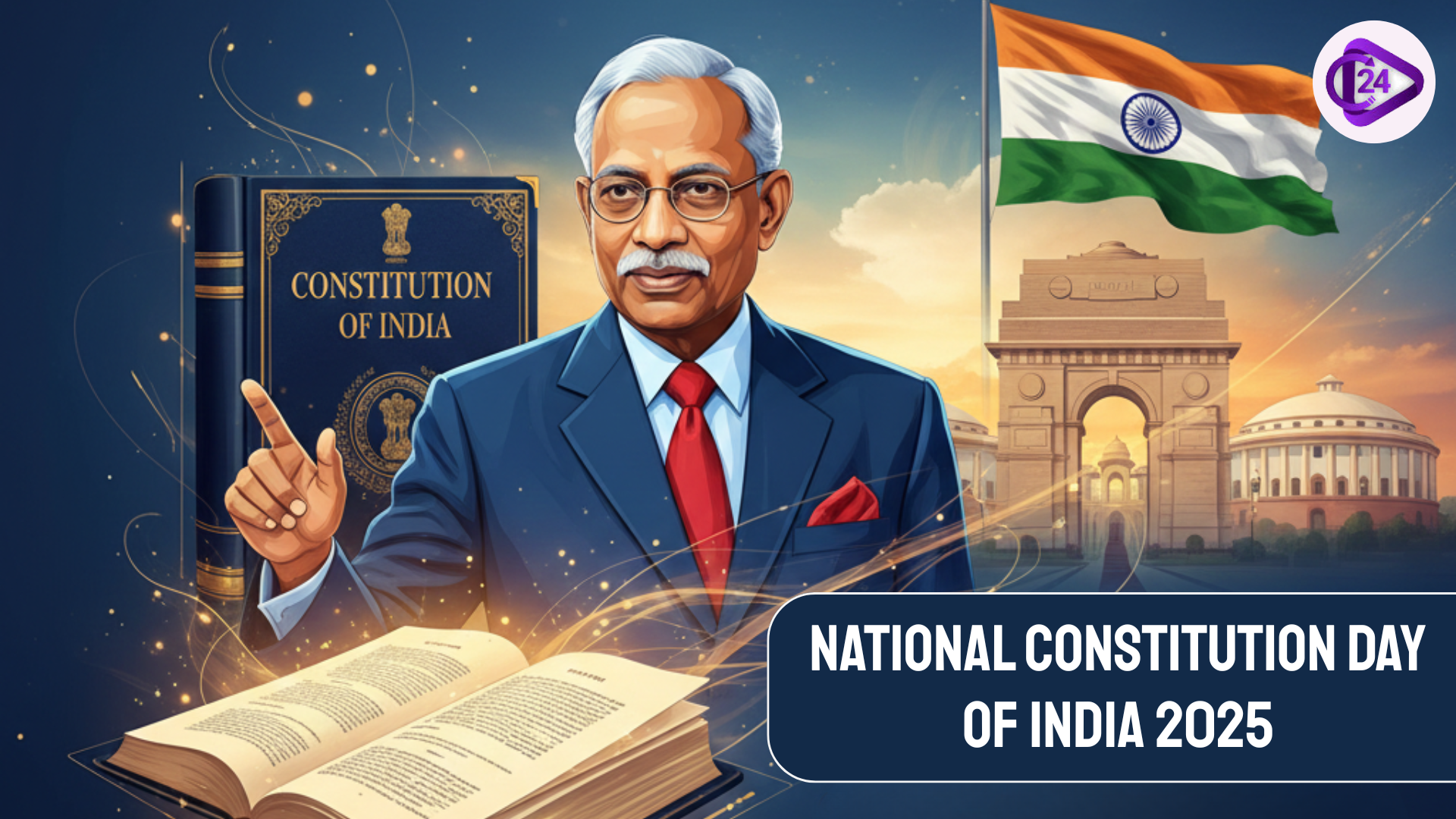 Constitution Day of India 2025: History, Meaning and Timeline Explained
Constitution Day of India 2025: History, Meaning and Timeline Explained India Launches ₹7,280 Crore Initiative to Develop Rare Earth Magnet Manufacturing
India Launches ₹7,280 Crore Initiative to Develop Rare Earth Magnet Manufacturing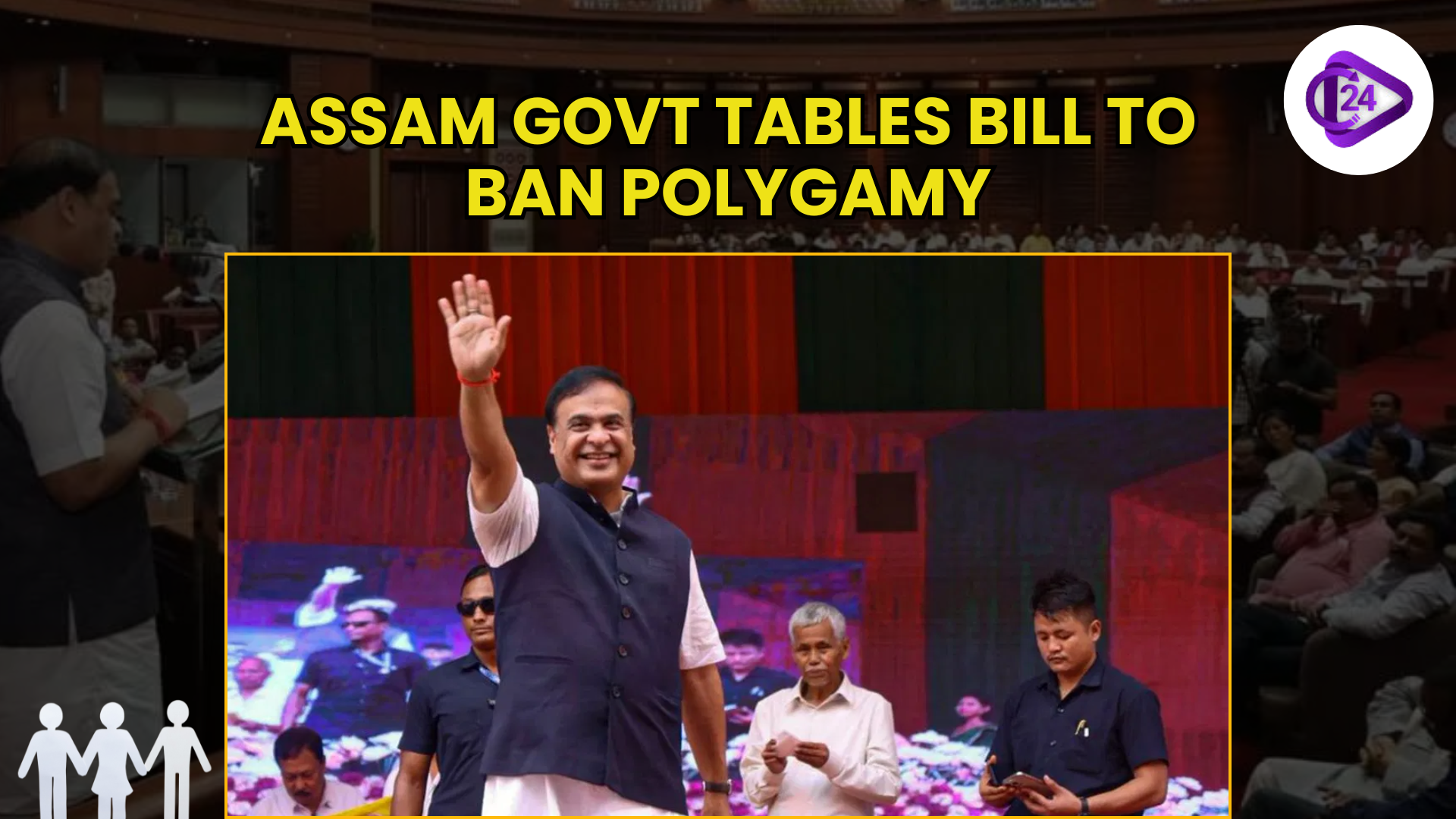 Assam Government Introduces Bill to Ban Polygamy with Strict Penalties
Assam Government Introduces Bill to Ban Polygamy with Strict Penalties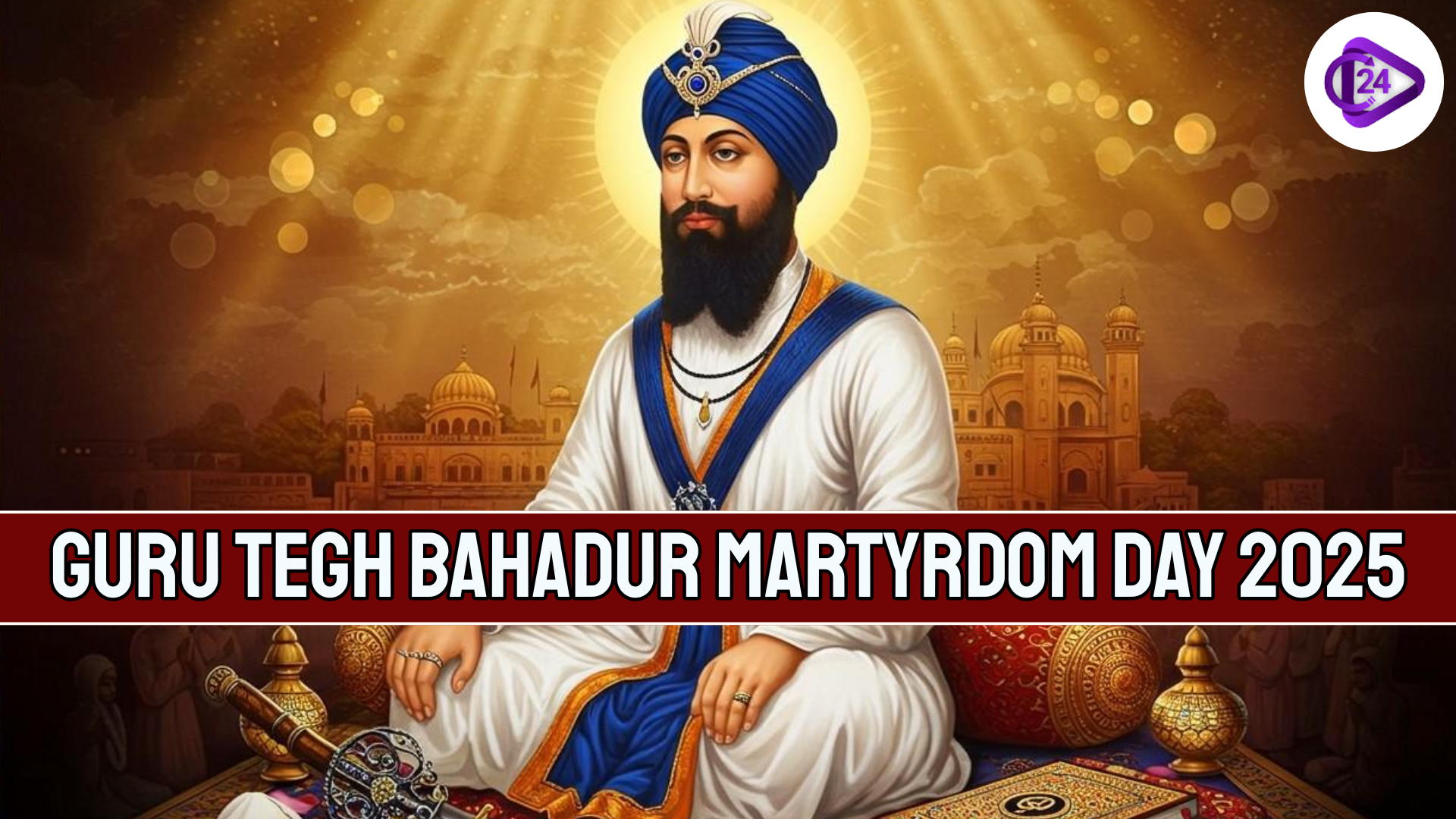 Guru Tegh Bahadur Martyrdom Day 2025 A Tribute to Courage and Spiritual Strength
Guru Tegh Bahadur Martyrdom Day 2025 A Tribute to Courage and Spiritual Strength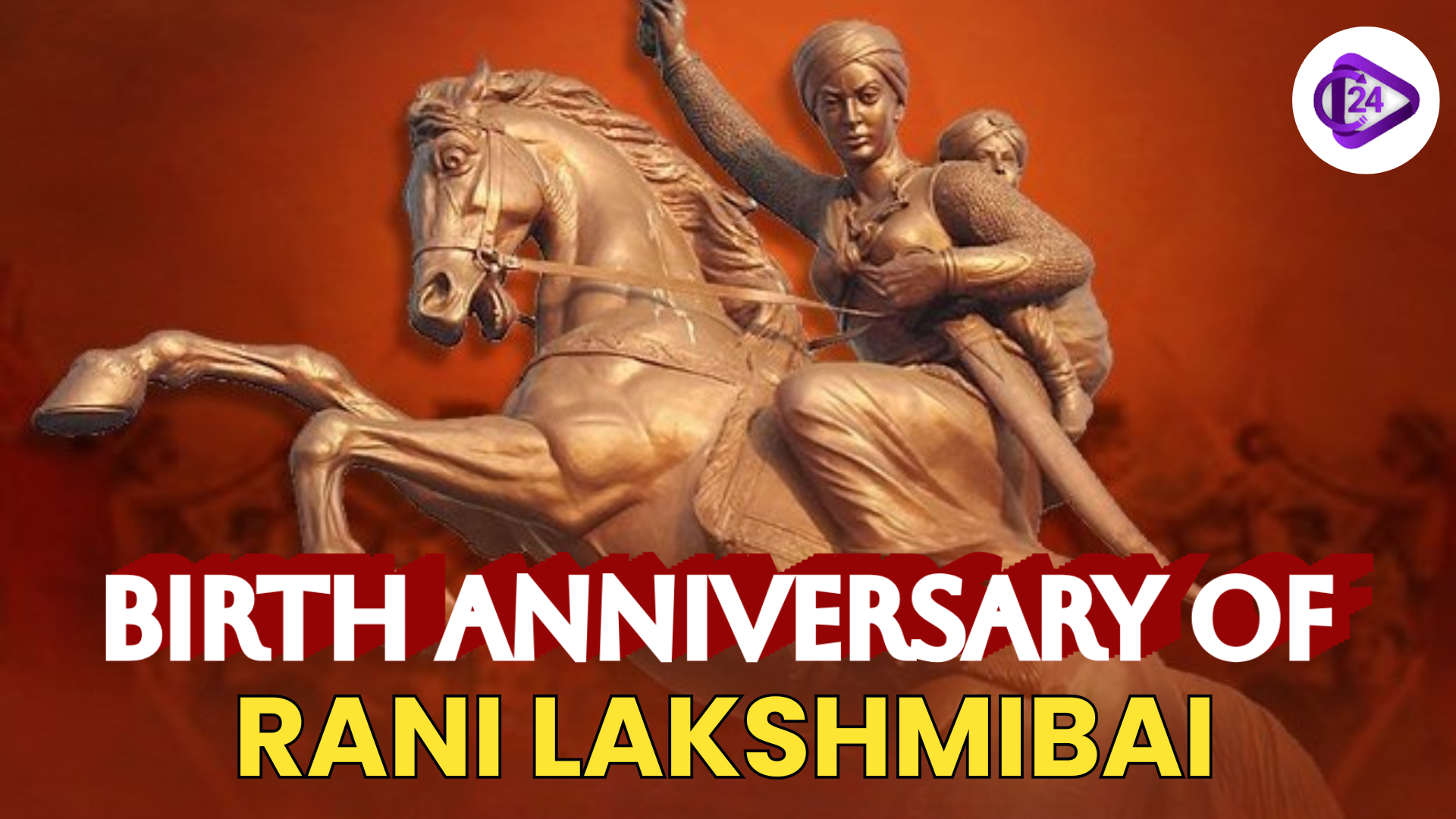 India Pays Tribute to the Birth Anniversary of Rani Lakshmibai
India Pays Tribute to the Birth Anniversary of Rani Lakshmibai






